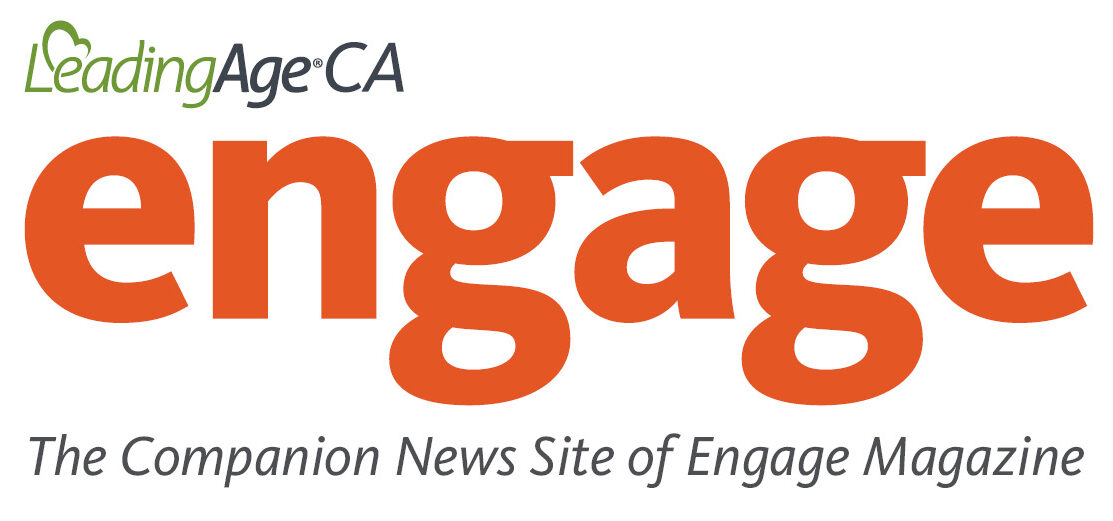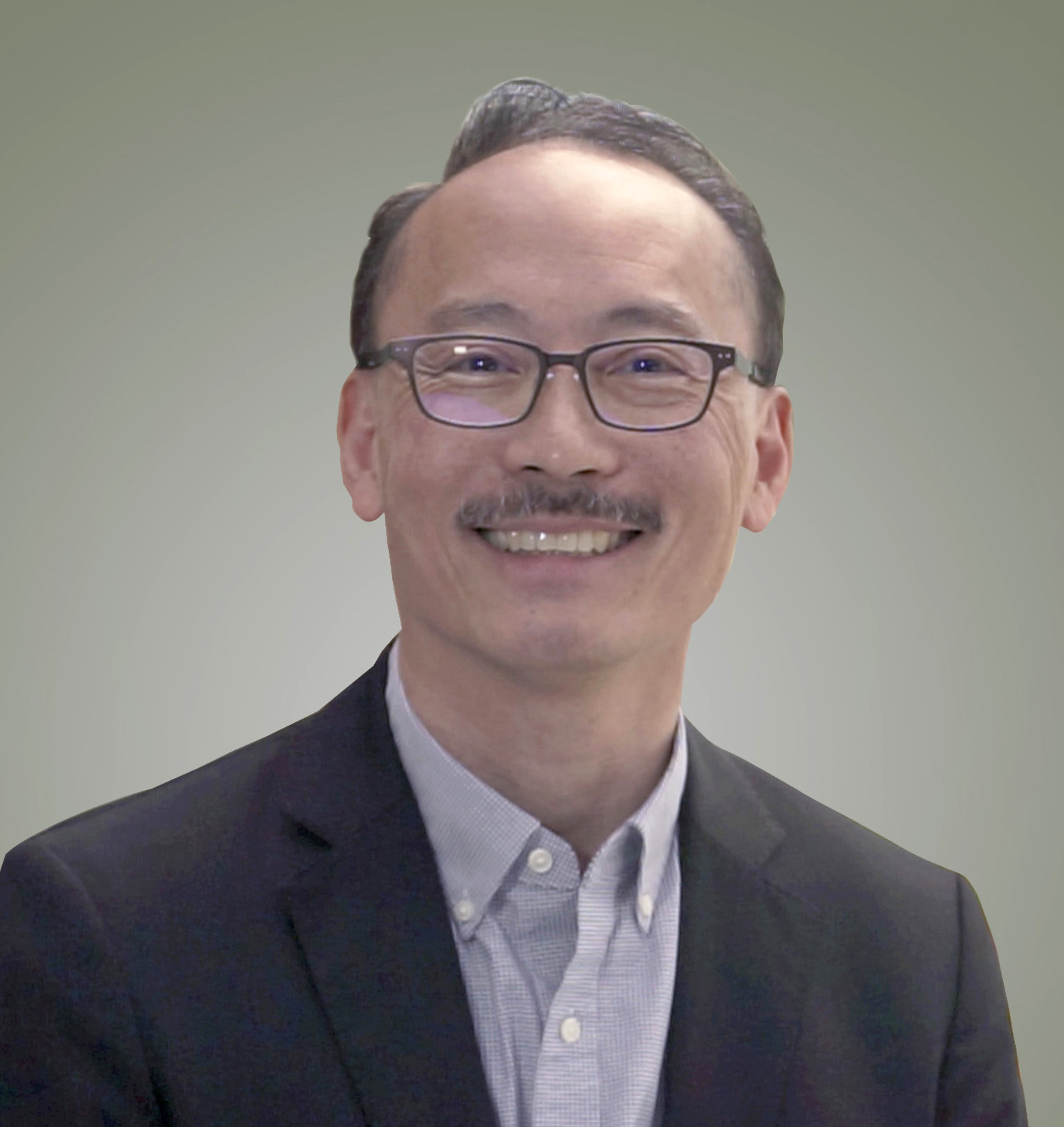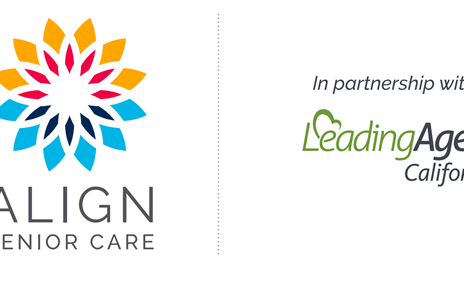Q&A with Darrick Lam, President and CEO of ACC Senior Services; member of the Equity in Aging Advisory Committee, part of California’s Master Plan for Aging
LAC: What is the Equity in Aging Advisory Committee?
LAC: Let’s talk about the Master Plan’s Five Bold Goals – how does Goal Three relate to equity?
DL: For 2021-22, we have 23 strategies and 132 initiatives. Goal Three of the Master Plan’s Five Bold Goals focuses on equity and inclusion, not isolation. We want to offer lifelong opportunities for work, volunteering, engagement, and leadership, and ensure people will be protected from isolation, discrimination, abuse, neglect, and exploitation. One of the greatest threats to full inclusion and equity for all ages is elder abuse, estimated to impact 10 percent of older adults living at home and to result in losses totaling billions of dollars annually. It can take many forms, including physical, sexual, abandonment, isolation, financial, neglect, and mental suffering. Women are as much as 35 percent more likely than men to suffer some from some form of elder abuse. So, our growing elder population requires increased planning and coordination to prevent this. We also look at employment and volunteer opportunities – especially those offering intergenerational engagement, because it provides a powerful sense of purpose and connection. Over the past five years, Californians over the age of 55 accounted for 29 percent of all new employment – so this is big. I firmly believe that many older adults want and need to keep working at least part time. However, two-thirds of older adults seeking employment face discrimination as a challenge to finding work.
LAC: How have recent incidents of anti-Asian hate impacted residents and staff?
DL: As we began to see more and more cases of anti-Asian hate happening across the nation, I first hosted a virtual town hall meeting with the staff, allowing them to have a safe environment to express issues and concerns. We had breakout groups and saw how they view the world, where they think the media plays a part in the problem, where they think the government has done enough and what should be done, and how ACC can do more to address these issues. We hosted other town hall meetings and invited several legislators to be part of the discussion. We also invited other stakeholders under the larger ACC family to talk about what this means to them. In addition, we became part of efforts to create a brand-new collaborative in Sacramento called the Sacramento Senior Safety Collaborative, a walking patrol for seniors who are afraid to go out because of anti-Asian hate. We found that UC Davis students were interested in participating. So we hosted meetings and brought in Paratransit, Inc., Asian Resources Inc., OCA Sacramento, the Mayor’s office, Congress members Doris Matsui and Ami Bera, the Sacramento Police Department, and the Sacramento Sheriff ’s office. We had a soft launch on June 24 and we’re planning to have a grand opening later. This is how we solve a problem. We can talk, but action is more important. So I’m very excited to work with a group of organizations, legislators and law enforcement to see how we can do things differently.
LAC: What advice would you have for providers who want to change the conversation at their organizations around DEI?
DL: It starts with leadership. Providers need to put DEI issues front and center. Look at ways that they can diversify their board in a very organic manner – not just place a token Latino or Asian American, which doesn’t solve the problem. It must be very intentional. Create more opportunities for professionals of color to join different groups. Offer a forum allowing people to voice their concerns. Last, find some meaningful ways to implement changes, from your leadership structure to your staffing structure, to your respective communities. Again, action is what’s important.
Learn more about the California Master Plan for Aging’s Five Bold Goals and more about ACC Senior Services.


 DL: The Equity in Aging Advisory Committee is a result of the release of the Master Plan for California by Governor Newsom on January 6, 2021. The Master Plan for Aging is very comprehensive framework which prepares our state for the significant demographic changes in the years ahead, including the growth of the 60 and over population to 10.8 million people by 2030, so in a short nine years we will see tremendous growth. The purpose of the Equity in Aging Advisory Committee is to advise the California Department of Aging and the Master Plan for Aging to ensure that equity is front and center, so it’s baked into the planning and implementation of activities – including service delivery and policies impacting not only older adults, but adults with disabilities and family caregivers, especially those from the Black, Indigenous, Latino, Asian American, Pacific Islander, and LGBTQ+ communities. We also assist in executing the components of the Master Plan initiatives with a focus on equity. So that includes policy, programs, service delivery recommendations, best practices, resources, relevant and timely research, and data indicators.
DL: The Equity in Aging Advisory Committee is a result of the release of the Master Plan for California by Governor Newsom on January 6, 2021. The Master Plan for Aging is very comprehensive framework which prepares our state for the significant demographic changes in the years ahead, including the growth of the 60 and over population to 10.8 million people by 2030, so in a short nine years we will see tremendous growth. The purpose of the Equity in Aging Advisory Committee is to advise the California Department of Aging and the Master Plan for Aging to ensure that equity is front and center, so it’s baked into the planning and implementation of activities – including service delivery and policies impacting not only older adults, but adults with disabilities and family caregivers, especially those from the Black, Indigenous, Latino, Asian American, Pacific Islander, and LGBTQ+ communities. We also assist in executing the components of the Master Plan initiatives with a focus on equity. So that includes policy, programs, service delivery recommendations, best practices, resources, relevant and timely research, and data indicators.

